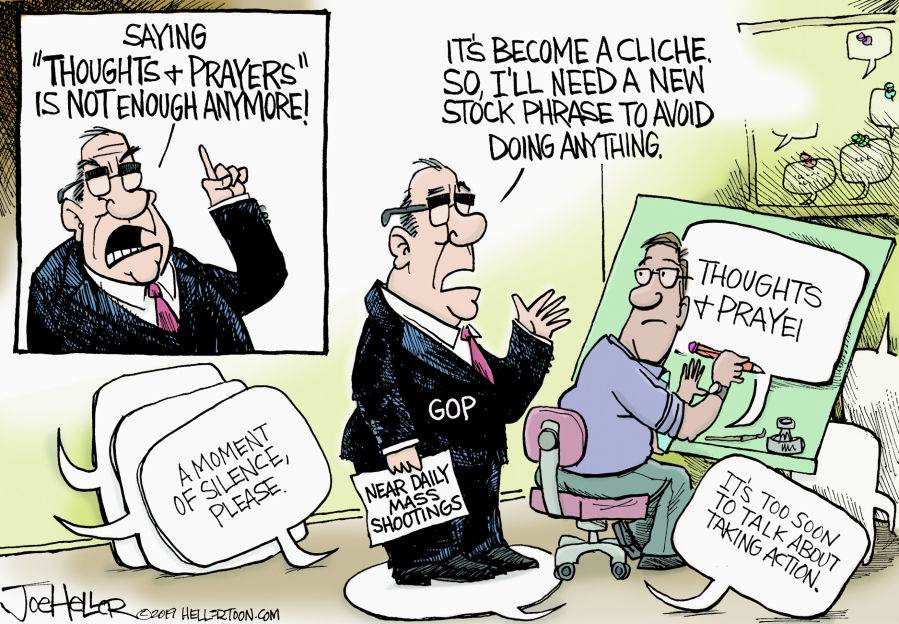The recent livestock debate in Washougal — or the “pig and chicken fight” as we’ve been calling it at editorial meetings — is a classic tale of a once-rural town growing into its new urban limbs.
One resident moved his pigs and chickens into his backyard, which he was legally allowed to do since Washougal doesn’t have any livestock restrictions on the books, and neighbors not expecting (or wanting) to live next to an urban farm asked the city to intervene.
Washougal leaders haven’t had to face the issue before, since these problems usually resolved before it came to blows at a city council meeting, but they will likely get some sort of regulation into the books to help stave off similar problems in the future.
It’s no shock that Washougal is going through a few growing pains. After all, the city has nearly doubled its population in just two decades, and people looking for affordable housing in the Portland-Vancouver metro area are going to eye Washougal less as a rural outpost and more as a legitimate commuter option.
But arguments over urban livestock aren’t just confined to “cities formerly known as small towns,” like Washougal. This is an issue city councils in major cities have been dealing with for many years.


